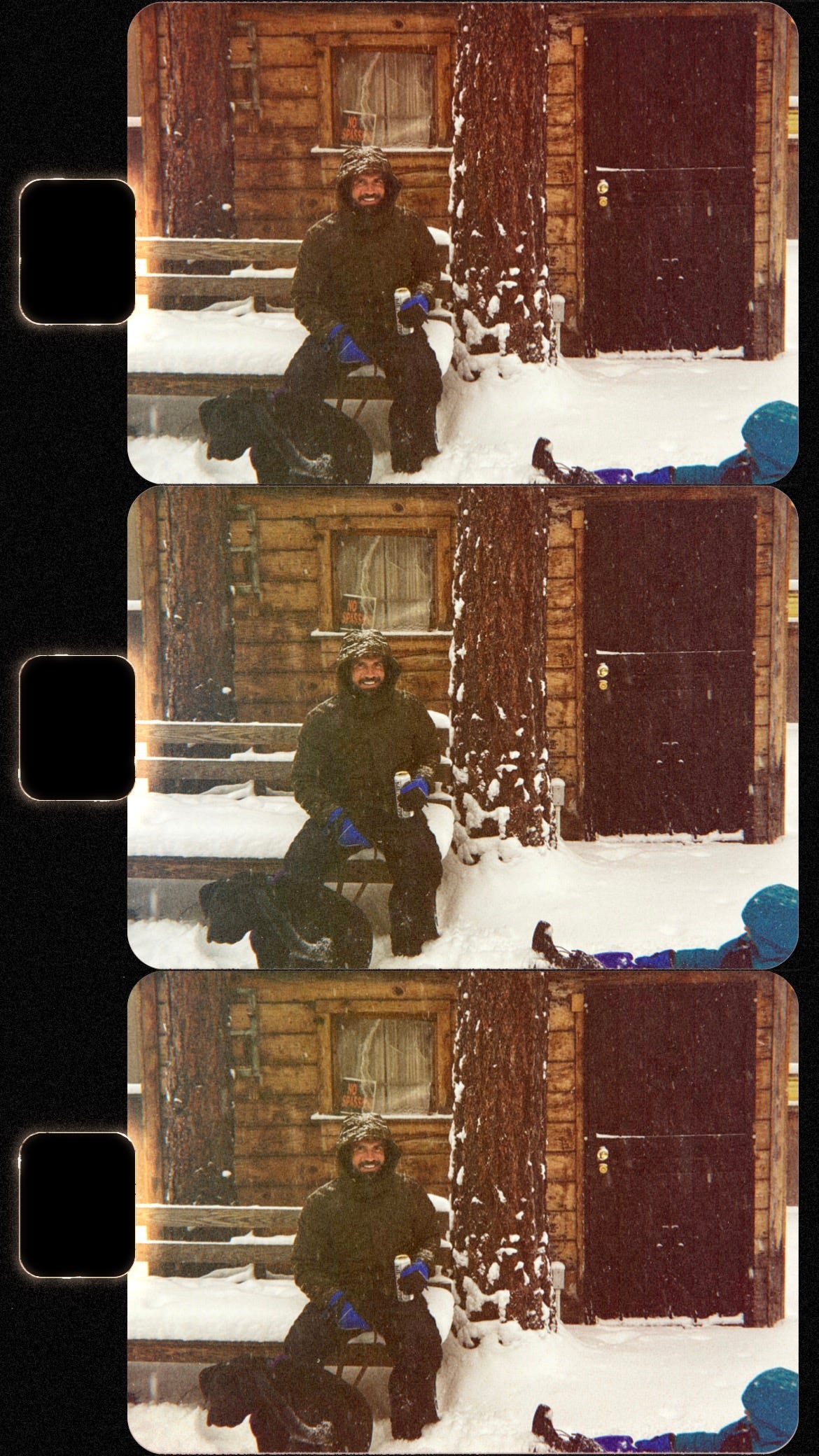What if you could distill the most meaningful moments of your life into a single snapshot—capturing not just what happened, but how it changed you? Flash memoir does just that. It isn’t about telling your whole life story; it’s about focusing on the small, powerful moments that define us. In just a few hundred words, you can create a story packed with emotional depth and insight, a glimpse into the essence of who you are.
Think your life is too ordinary? I promise, it’s not. We all have moments of significance—those times, even small ones, that shift the way we see the world. The goal of flash memoir is to recognize those moments, explore their emotional weight, and transform them into concise, reflective writing.
Writing Exercise 1: The Moment of Significance
Think of a moment in your life that shifted your perspective. It could be small, but it was meaningful to you. Write one sentence that describes both the light and dark of that moment. You can focus on a time when you realized something profound about yourself or someone close to you. To make it even more powerful, you could try including a physical reaction you experienced during that moment—whether it was a tightening in your chest, a smile despite the sadness, or something else.
In Beth Ann Fennelly’s flash memoir, Small Talk at Evanston General, she writes:
"He untied her gown with one hand and slipped the black Sharpie from his pocket with the other, clamped it between his teeth to remove the cap, then drew dashes on my mother’s naked chest, indicating where his scalpel would go."
Fennelly captures the tension between the doctor's casual, routine actions and the weight of the life-changing surgery ahead. The balance of light (routine) and dark (vulnerability) brings the emotional depth flash memoir thrives on.
When I taught this in our Flash Memoir class for “The Practice of Writing” last Thursday, I had reflected on the moment I realized the Christmases of my future would be much different than the Christmases of my past: "There were no stockings hung on the fireplace, no It's A Wonderful Life on TV, and it was just going to be me and the tree come Christmas morning."
Writing Exercise 2: The Moment Before
Once you have your sentence of significance, let’s step back. Reflect on what happened before this significant moment—whether it was a realization, a decision, or a shift in perspective. What were you feeling? What was the atmosphere? Describe the moments leading up to this change, focusing on the physical and emotional landscape. This will help create a deeper narrative, allowing your key moment to stand out even more.
Flash memoir thrives on contrast, and by exploring "the moment before," you build tension. In Small Talk, the doctor’s routine actions and light conversation heighten the gravity of the surgery, creating a contrast that leaves readers unsettled but engaged. This blend of mundane and profound can strengthen your flash memoir, too.
With that Christmas morning revelation in mind, I reflected on one of my favorite new traditions: trekking through the Tahoe forest with my child, fiancé, and dogs in search of the perfect Christmas tree. Each year, we get a permit in early November, wait for the ideal day, fill a thermos with spiked hot cocoa, and head out to chop down our tree. The smell of sap in the crisp air, the sound of laughter, fingers numb from the cold, cheeks flushed with the bite of winter—it's the highlight of the season. But the joy of this moment also deepens the sadness I felt when I realized that, come Christmas morning, I would be alone—a quiet reminder of how different life is now compared to what it once was.
Writing Exercise 3: Writing Backward
Now, try combining these two pieces. Take the sentence you wrote about your moment of significance and place it at the end of your "moment before" passage. Notice how they work together, building tension and emotional weight as you move toward the key moment. This exercise helps you reflect on how the lead-up shapes the significance of the final moment. Flash memoir requires economy of words, but this backward process helps pack more meaning into fewer lines.
Bonus Exercise: Layer in Another Memory
For an extra layer, try recalling a related memory—a quick flash of something else that adds depth or meaning to the first. Maybe it's another moment that shares similar emotions, or perhaps it contrasts sharply. Add this to your passage and see how it enhances your overall narrative, giving the piece more texture and emotional complexity.
For me, I’ve considered several: decorating the tree with my family as a kid, making cinnamon rolls with my father on Christmas Eve, watching my mom pour Bailey’s into her coffee on Christmas morning. Each of these memories brings back warmth and tradition, strengthening the contrast with my more recent experiences. This contrast heightens the power of the flash in the piece, making the moment stand out even more.
Flash memoir doesn’t require thrilling adventures; instead, it thrives on reflecting on life’s most profound moments—capturing those quick flashes of realization or transformation. By focusing on a single moment, memory, or brief experience, you can create something powerful and relatable. And just like in flash fiction, every word has the chance to build tension and meaning.
So, what’s your moment? It’s time to tell it.





